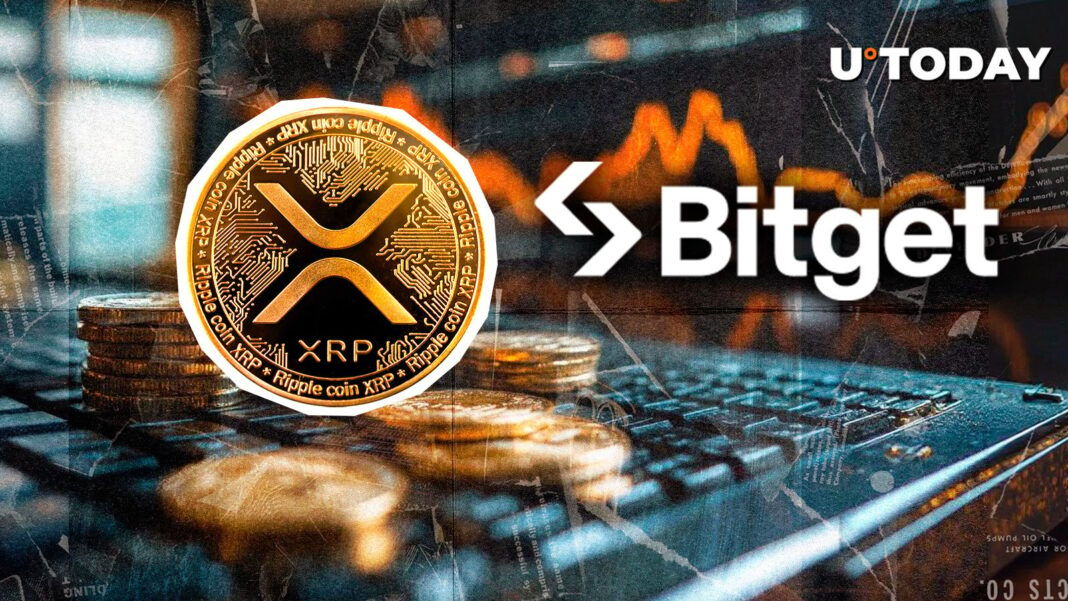Market Pulse
In a rapidly evolving digital asset landscape, a fundamental technological shift is quietly gaining momentum, capturing the attention of “smart money” and leading blockchain innovators: Zero-Knowledge Proofs (ZKPs). Far from a mere buzzword, ZKPs represent a paradigm shift in how information can be validated without revealing the underlying data, promising unprecedented levels of privacy, scalability, and security across the blockchain ecosystem. As the industry grapples with challenges like network congestion and data confidentiality, ZKPs are emerging as a critical solution poised to redefine the capabilities of decentralized applications and usher in a new era of trustless interactions.
The Core Innovation of Zero-Knowledge Proofs
At its heart, a Zero-Knowledge Proof allows one party (the “prover”) to convince another party (the “verifier”) that a statement is true, without revealing any information about the statement itself beyond its validity. Imagine proving you know a secret password without ever typing it in or showing it. This seemingly magical capability has profound implications for blockchain technology, where transparency often comes at the cost of privacy, and every transaction adds to the ledger’s burden. ZKPs achieve this through complex cryptographic algorithms, effectively compressing large amounts of transactional data into a small, easily verifiable proof.
- Privacy: Enables confidential transactions and private data sharing on public blockchains.
- Scalability: Offloads computational burden from the main chain by processing transactions off-chain and only submitting a compact proof.
- Security: Cryptographically assures the integrity of transactions and data without exposing sensitive details.
Driving the Next Wave of Blockchain Scalability and Confidentiality
The immediate and most impactful application of ZKPs is in scaling blockchain networks, particularly Ethereum. Layer-2 solutions like ZK-rollups aggregate thousands of transactions off-chain, generate a single ZKP for their validity, and then post this tiny proof to the mainnet. This dramatically increases transaction throughput and reduces fees, addressing long-standing performance bottlenecks. Beyond scalability, ZKPs are critical for enhancing privacy in DeFi, allowing users to interact with protocols or prove eligibility without exposing their entire financial history. This moves us closer to enterprise adoption, where confidentiality is non-negotiable.
Diverse Applications Across the Web3 Ecosystem
The potential uses for Zero-Knowledge Proofs extend far beyond scaling and privacy in general transactions. They are being explored and implemented in various innovative ways:
- Decentralized Identity (DeID): Users can prove attributes (e.g., “over 18” or “resident of X country”) without revealing their date of birth or address.
- Confidential DeFi: Enabling private trading, lending, and borrowing where transaction details are hidden from public view but verifiable.
- Blockchain Gaming: Verifying game logic or player actions without exposing the entire game state.
- Supply Chain Management: Proving product authenticity or origin without sharing proprietary business data.
- Voting Systems: Ensuring election integrity and anonymity simultaneously.
Challenges and the Road Ahead for ZKP Adoption
Despite their transformative potential, ZKPs face hurdles. The cryptographic complexity involved makes them challenging to implement and audit, requiring highly specialized expertise. Generating proofs can be computationally intensive, though advancements are continuously improving efficiency. Furthermore, fostering widespread understanding and developer adoption is crucial for their integration into mainstream applications. However, significant investment from venture capitalists, major blockchain foundations, and a growing community of researchers and developers signal a strong belief in ZKP’s long-term viability. The ongoing development of ZK-EVMs (Zero-Knowledge Ethereum Virtual Machines) promises to make ZKPs more accessible to existing Ethereum developers, accelerating their deployment.
Conclusion
Zero-Knowledge Proofs are not just an incremental improvement; they represent a foundational upgrade to blockchain technology, offering solutions to some of the industry’s most pressing challenges – scalability, privacy, and security. As smart money continues to flow into projects leveraging ZKP, and as the technology matures, we can anticipate a future where decentralized applications are not only more efficient and cost-effective but also more private and secure. The strategic shift towards ZKP-centric development is undeniable, positioning it as a cornerstone for the next generation of Web3 innovation.
Pros (Bullish Points)
- Significantly improves blockchain scalability by enabling efficient Layer-2 solutions.
- Enhances user privacy by allowing verifiable transactions without revealing sensitive data.
- Boosts the security posture of decentralized applications through cryptographic assurances.
- Opens doors for broader enterprise adoption of blockchain due to improved confidentiality.
Cons (Bearish Points)
- High cryptographic complexity makes ZKP development and auditing challenging for many.
- Proof generation can be computationally intensive, though efficiency is improving.
- Requires significant educational effort for widespread developer and user adoption.
- The technology is still maturing, with ongoing research and optimization efforts.
Frequently Asked Questions
What is a Zero-Knowledge Proof (ZKP)?
A ZKP is a cryptographic method allowing one party to prove they know a piece of information to another party, without revealing the information itself.
How do ZKPs benefit blockchain technology?
They enhance scalability by enabling efficient Layer-2 rollups, improve privacy for confidential transactions, and bolster security through robust cryptographic verification.
What are some practical applications of ZKPs in crypto?
Key applications include scaling solutions (ZK-rollups), decentralized identity, confidential DeFi, private gaming, and secure supply chain management.



